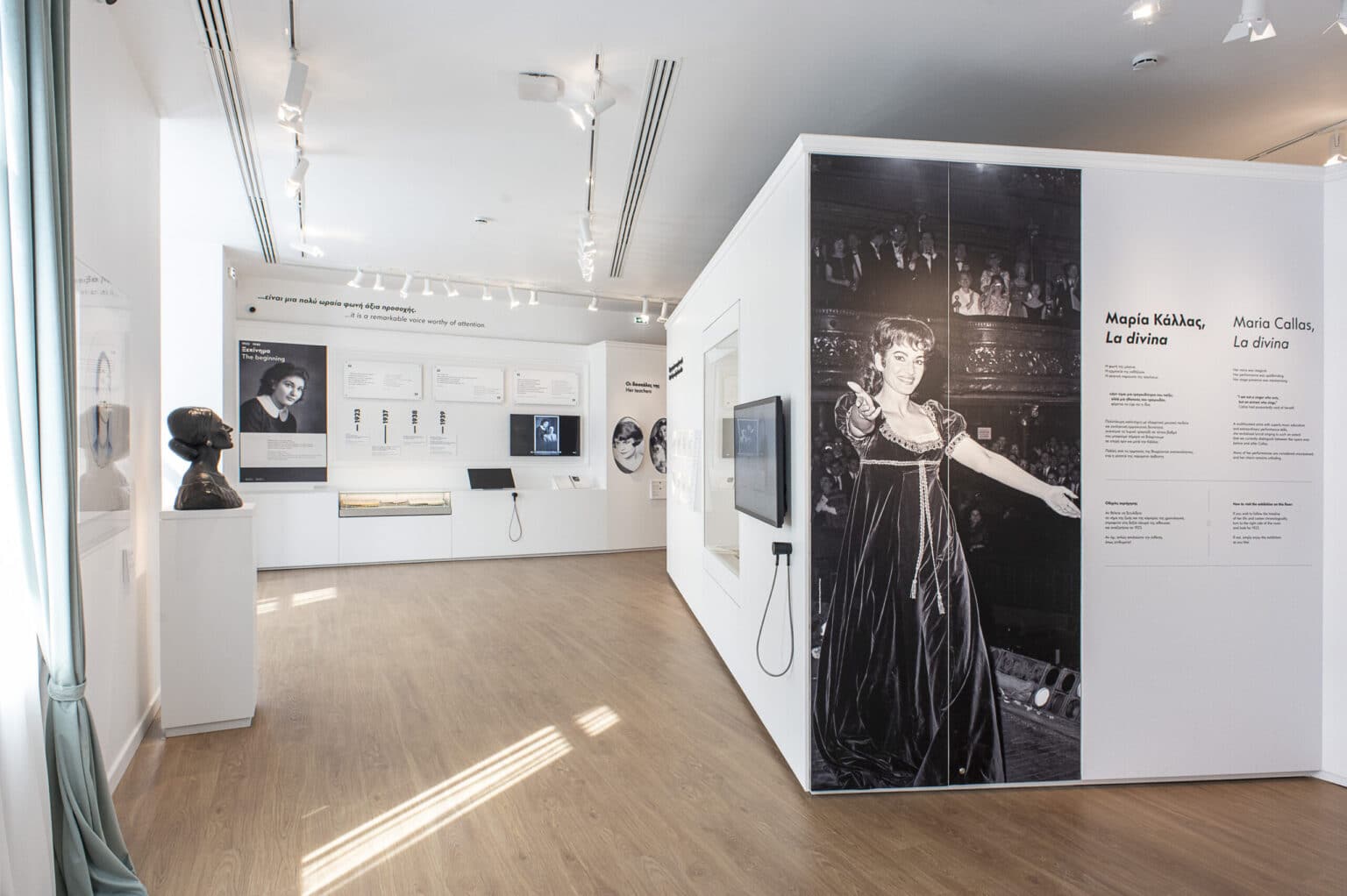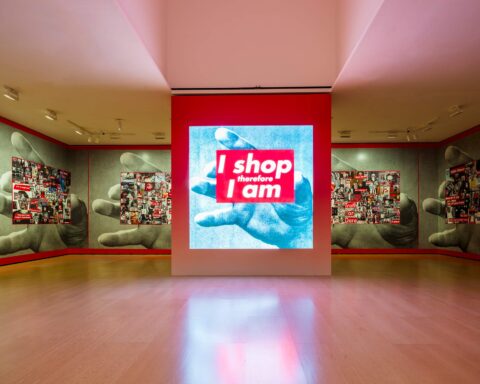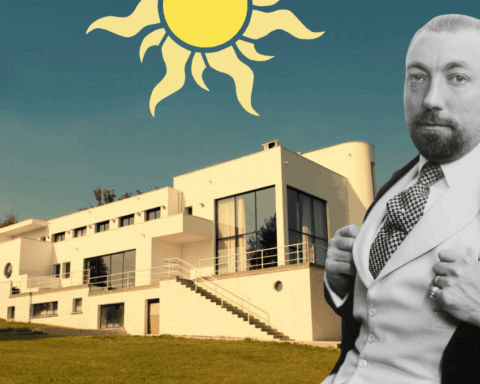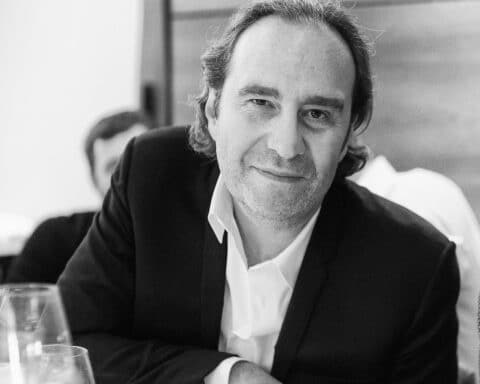To mark the 100th birthday of Maria Callas, Athens is dedicating a museum to the soprano who helped the city to shine. It’s an opportunity to look back on a legendary career that left an indelible mark on the world of opera.
Opened on 26 October in the heart of Athens, the Maria Callas Museum is the very first space dedicated exclusively to the soprano. The cultural centre highlights the artist’s beginnings, her years in Greece, her professional life, her major roles, her personal life and, of course, the legacy she left on the opera world after her death.
“Residents and visitors to the city will have the opportunity to get to know her, to feel her and to listen to her in a modern and accessible space in the heart of Athens”, said Konstantinos Dedes, President of Technopolis of the Municipality of Athens.
The exhibition includes some 1,000 archive items, including texts, objects, videos and audio extracts.
From conservatory in Greece to international fame
Sophie Cecilia Kalogeropoulos, whose stage name would become Maria Callas, was born in 1923 in New York to Greek parents. Despite a complex and tense family situation, the little girl grew up in a music-loving environment. The radio broadcast operas from the MET and the latest music of the day, while the piano played melodies around the house. Along with her sister Jackie, Maria began singing at a very early age, both at home and at school.
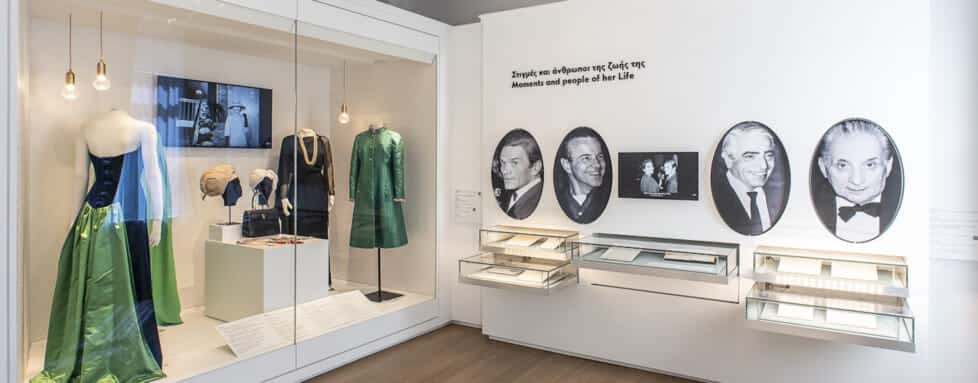
When she was a teenager, Maria Callas moved to Greece and enrolled at the Greek National Conservatory. During her singing lessons, her teacher realised that her range was not that of a contralto, as those close to her believed, but rather that of a soprano. After her first performance in front of an audience, she gained a place at the emblematic Athens Conservatory.
It was there that the budding artist tried her hand at the bel canto repertoire, which brought out the best in her voice. In 1941, she made her professional debut at the Greek National Opera in Athens. Her first role was that of Beatrice in Boccaccio by Franz von Suppé. A year later, she obtained the role of Marta in Tiefland by Eugan d’Albert, followed by a number of iconic roles.
At the end of the 1940s, Maria Callas fled the turmoil of the end of the war and tried her luck in the United States. But she turned down several roles because she was asked to sing in English in an Italian opera. In 1947, she sang Ponchielli’s La Gioconda. This was a breakthrough for the diva, who went on to perform on the major Italian stages and abroad.
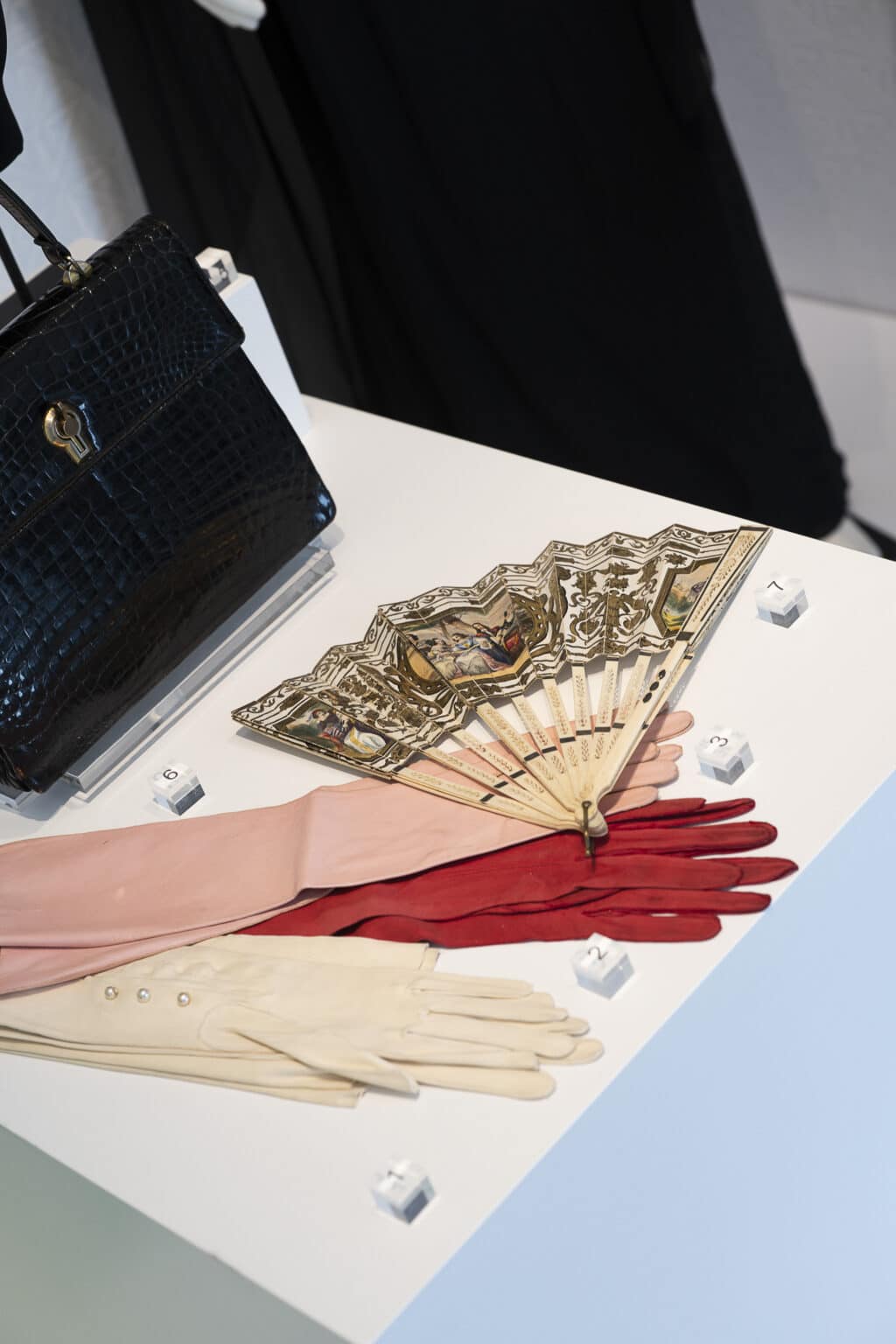
Wagner’s Tristan and Isolde, Elvira in Bellini’s Les Puritains, Donizetti’s Anna Bolena, Les Vêpres Siciliennes… The singer has enjoyed one success after another, dazzling audiences with her voice that is as intense as it is sensitive and dramatic. Her greatest roles include Vincenzo Bellini’s La Norma, Giuseppe Verdi’s La Traviata, Georges Bizet’s Carmen, Luigi Cherubini’s Medée, Charles Gounod’s Roméo et Juliette and Giacomo Puccini’s La Tosca.
In 1969, she sang Medea in Pasolini’s film, her first and only feature film. Maria Callas gave her last concert in 1974 in Japan, before dying in Paris in 1977.
Her influence, still very much with us today, is not about to fade. Maria Callas was in the spotlight this summer at Stéphane Rolland’s haute couture show (filmed by Claude Lelouch for a film project). And the singer will be the subject of a biopic next year. Directed by Pablo Larraín, the film will star Angelina Jolie. A fitting way to preserve and prolong the memory of a woman who left an indelible mark on opera.
Read also > JIMMY CHOO: THE SHOE MYTH
Front page photo: ©Maria Callas Museum / Vangelis Patsialos




